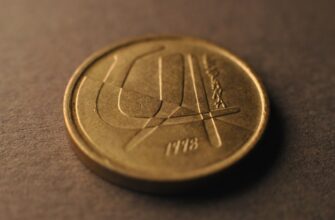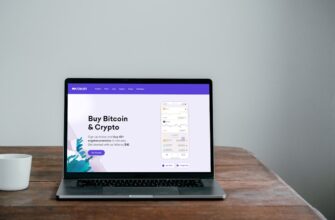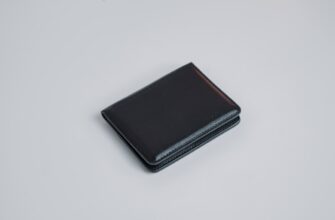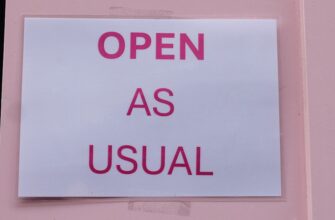What Is Ethereum and Why Does KL Care?
Ethereum is a decentralized blockchain platform enabling smart contracts and decentralized applications (dApps). Unlike Bitcoin’s focus on digital currency, Ethereum’s programmable ecosystem supports DeFi, NFTs, and Web3 innovations. In Kuala Lumpur (KL), Ethereum’s growth aligns with Malaysia’s push toward fintech leadership, with local startups, investors, and regulators actively exploring its potential. This guide explores Ethereum’s KL connection, trading options, and real-world applications shaping Malaysia’s digital economy.
Ethereum’s Core Innovations Driving KL’s Tech Scene
KL’s embrace of Ethereum stems from these groundbreaking features:
- Smart Contracts: Self-executing agreements automate transactions without intermediaries, reducing costs for KL-based businesses.
- DeFi Ecosystem: Decentralized finance platforms enable KL users to lend, borrow, and earn interest peer-to-peer.
- NFT Marketplaces: Malaysian artists and collectors use Ethereum for digital art sales and intellectual property rights.
- Energy Efficiency: Ethereum’s 2022 “Merge” to proof-of-stake cut energy use by 99.95%, addressing sustainability concerns in KL.
Buying and Trading Ethereum in Kuala Lumpur
KL residents access Ethereum through:
- Local Exchanges: Luno and Tokenize Malaysia (regulated by SC Malaysia) offer MYR-to-ETH pairs.
- P2P Platforms: Binance P2P allows direct ETH purchases with bank transfers or e-wallets.
- Hardware Wallets: Store ETH securely offline using Ledger or Trezor devices available at KL tech stores.
- OTC Desks: High-volume traders use Kuala Lumpur-based over-the-counter services for large ETH transactions.
Always verify platform compliance with Securities Commission Malaysia guidelines.
Ethereum’s Real-World Use Cases in KL
Kuala Lumpur showcases practical Ethereum adoption:
- Supply Chain Tracking: Malaysian palm oil exporters use Ethereum to verify sustainable sourcing.
- Property Tokenization: REITs on Ethereum enable fractional KL real estate investment.
- Government Pilots: Bank Negara Malaysia explores Ethereum for CBDC interoperability.
- Gaming: KL-based studios develop play-to-earn games with ETH rewards.
Future Outlook: Ethereum Upgrades & KL’s Role
Ethereum’s roadmap includes:
- Sharding (2024): Boosting transaction speed for KL dApps
- Layer-2 Scaling: Polygon-powered solutions reduce KL users’ gas fees
- Regulatory Clarity: Malaysia’s Digital Asset Framework expected to expand ETH institutional adoption
KL’s blockchain hubs like TRX Innovation Centre position the city as Southeast Asia’s Ethereum testing ground.
Frequently Asked Questions (FAQ)
Q: Is Ethereum legal in Kuala Lumpur?
A: Yes. Ethereum is regulated as a digital asset by Malaysia’s Securities Commission. Exchanges must obtain licenses.
Q: Where can I spend ETH in KL?
A: Select merchants in Bukit Bintang and Bangsar accept ETH via QR payments. Map of locations on EthereumKL.my
Q: How do taxes work for Ethereum in Malaysia?
A: Capital gains from ETH trading are tax-exempt, but business transactions incur income tax. Consult LHDN guidelines.
Q: What’s the best Ethereum wallet for KL users?
A: Mobile wallets like MetaMask (for dApps) or hardware wallets for long-term storage. Avoid SMS-based authentication.
Q: Are there Ethereum meetups in KL?
A: Yes! Monthly Ethereum KL meetups at Co-labs CapSquare. Join Telegram group “EthereumMY” for events.








